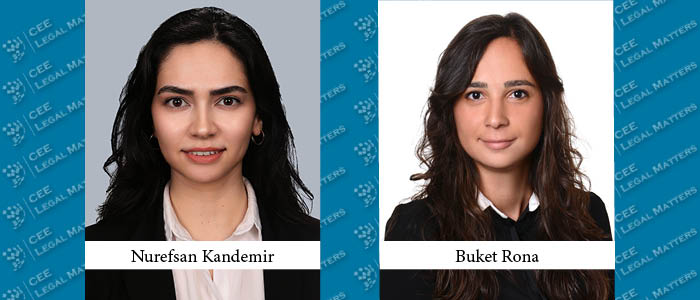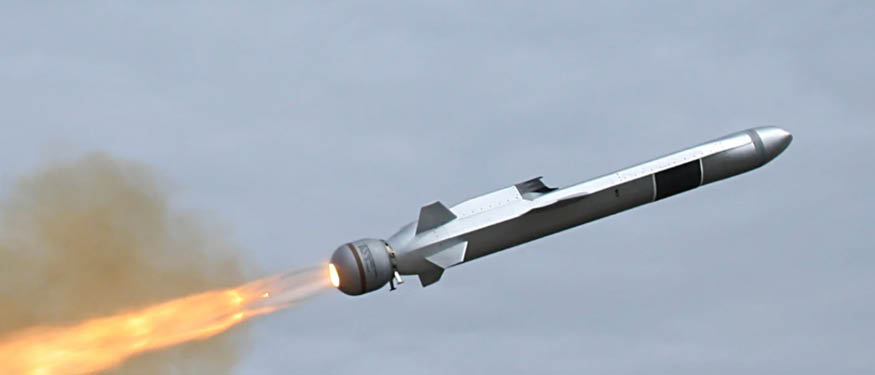The phenomena of globalization and heightened international economic competition have led to a growing demand for qualified foreign labor in Turkiye. Especially in recent years, as Turkiye has become a target country for migration, the issue of work permits for foreigners has become a hot topic of employment.
In international law, states have the discretion to determine individuals who may enter their territories and engage in business within their borders as part of their sovereignty rights. Therefore, most states subject the employment of foreigners to permits in pursuit of safeguarding their economic structure and labor market. In this context, the principle of obtaining permission for the employment of foreigners is also applicable and mandatory in Turkiye.
Although International Labor Law numbered 6735 (Law) stipulates that work permit applications will be evaluated by the administration in accordance with international labor policies, the Law does not specify how international labor policies will be addressed in work permit applications. Therefore, this situation grants the administration broad discretion in the evaluation of work permit applications.
Work permit applications can be made through the Ministry of Labor and Social Security’s (Ministry) online system in two ways: from abroad or within the country. For an application to be made within the country, the foreigner must have a valid residence permit with a minimum duration of six months, which leads to some preferring to apply from abroad since that can be done directly from Turkish embassies. In addition, since in the Turkish legal system, a work permit also serves as a residence permit, making the application from abroad can, in certain situations, be more advantageous to minimize bureaucratic procedures.
If the work permit application is evaluated positively, the foreigner is granted one of the permit types specified in the Law, corresponding to the application. Most often, for a foreigner who will work under the orders and instructions of an employer for the first time, a fixed-term work permit – which is a general work permit – must be taken. This permit is granted for up to one year upon the first application and can be extended via extension applications for subsequent periods.
This one-year limitation is criticized by employers. It is considered short and, even though it is legally possible to extend its duration via an extension application, the Ministry mostly tends to extend the permit for one additional year the first time. The good thing is that if all requirements are met, the Ministry who accepted the first work permit application predominantly accepts extension applications.
For a successful application, it is important to follow the exact procedure of the Ministry. For instance, the Ministry requests that applicants fill and sign its standard employment contract created specifically for work permit applications and upload this contract to the system during the application and the applicants cannot agree on a salary below the minimum limit determined by the Ministry for that relevant job. On the other hand, since this standard contract is a basic template and lacks many crucial provisions regarding working conditions, preparing an additional protocol as an annex to the Ministry’s sample contract and regulating details of the employment relationship in this protocol after the application process is very much needed. This additional protocol cannot contradict the core terms of the contract or alter the articles to the detriment of the employee.
Furthermore, in order to protect society’s welfare and economic balance, the Ministry requires the employer to provide a valid reason for hiring a foreigner instead of a Turkish employee during the application process. This justification typically pertains to the foreigner’s educational background, qualifications, and/or experience. At this point, it is important to state that having a proper diploma is compulsory for foreigners who will work within the scope of vocational services and in professions deemed necessary by the Ministry.
If the application is approved and the foreigner obtains a work permit, it becomes possible for their spouse and children to apply for family residence permits since the unity of the family is an important matter in Turkiye and this permit will be valid until the end date of the foreigner’s work permit if the procedure completes successfully.
Lastly, given that Turkish international labor legislation is comprehensive and includes specific provisions regarding job titles, exemptions, exceptions, restrictions, and prohibitions, along with a well-established practice, seeking guidance from a legal consultant is essential when undertaking international labor procedures.
By Nurefsan Kandemir, Head of Labor Law, and Buket Rona and Melike Saglam, Associates, Nazali Tax & Legal
This article was originally published in Issue 10.9 of the CEE Legal Matters Magazine. If you would like to receive a hard copy of the magazine, you can subscribe here.

















